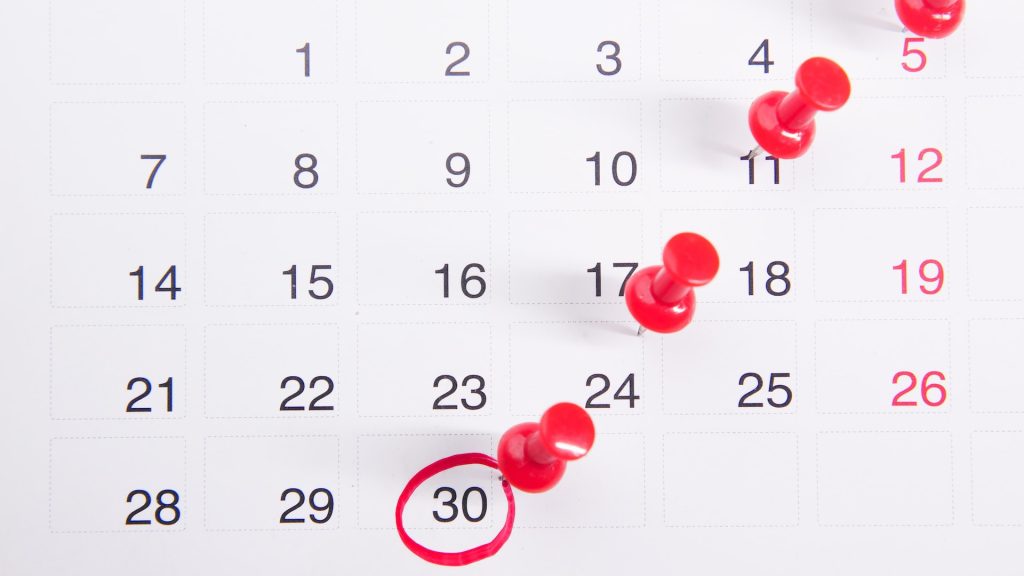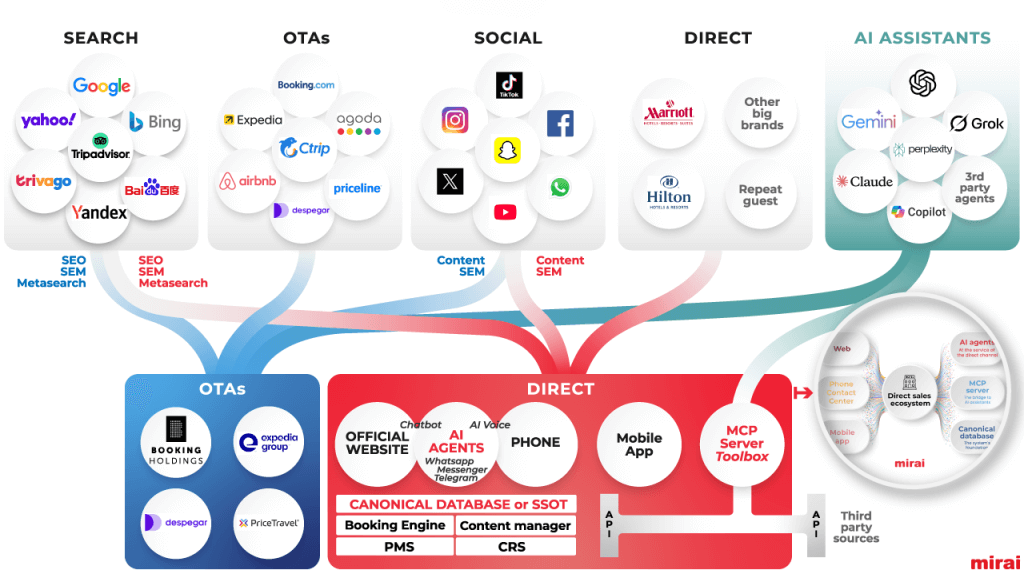
Have you ever felt your heart race as you booked the last available room at a seaside resort, fearing it might slip right between your fingers?
NB: This is an article from Hotelchamp
Or perhaps you’ve hesitated over flight tickets, only to return hours later to a surged price, mentally kicking yourself for the delay. If so, you’re not alone. Welcome to the world of scarcity and urgency in travel bookings—a realm where every second truly counts.
Subscribe to our weekly newsletter and stay up to date
While the travel world might have seen disruptions, it hasn’t diminished the allure of travel. Travellers today have the world at their fingertips, with destinations once considered unreachable now just a click away. Hotels, in their attempt to stand out, offer unparalleled experiences, from sought-after locations to top-tier amenities.
Yet, with this digital shift comes an overwhelming array of choices, making decisions more complex than ever. This is where the psychological tactics of scarcity and urgency come into play. Rooted deeply in human behaviour, these tactics are not just marketing gimmicks. They tap into our innate fear of missing out, compelling us to act fast.
But it’s not about pushing travellers to make hasty decisions. In the fiercely competitive hotel industry, where every unsold room translates to lost revenue, these strategies can be the difference between bustling lobbies and silent hallways. Dive in with us as we explore how to harness these strategies effectively and ethically to boost bookings.

Scarcity messaging is frequently used on OTA websites.
Understanding the scarcity and urgency effects
When Less is More: The Impact of Scarcity
People are inherently biased—they value things they perceive as scarce more than those readily available. This is only natural; after all, our world has limited resources and we need to make choices about their allocation. This is the essence of the scarcity effect.
In terms of booking tactics, scarcity isn’t just about limited quantities; it’s about crafting a perception of limited availability. If you’ve ever booked a flight or hotel online, you’ve likely encountered this strategy. Airlines often flash messages like “Only 1 seat left at this price,” encouraging travellers to secure their spot.
Online Travel Agencies (OTAs) are no strangers to this tactic either. Alerts such as “10 other people viewed this property in the last hour” or “Only 1 room left” are strategically placed to highlight both the popularity and the limited nature of an offer. The underlying message? Act now or risk missing out. This plays on the traveller’s instinct to secure a good deal rather than risk losing it to prolonged indecision.
Act Now or Miss Out: The Urgency Imperative
Urgency, while closely related to scarcity, has its own distinct dynamics. It’s about the ticking clock and our inherent biases and the emotional responses they elicit. The Mere Urgency Effect highlights our inclination to prioritise tasks we see as time-sensitive, even if other tasks might offer greater rewards in the long run. This cognitive bias can divert our attention to more urgent tasks over more significant, long-term goals. It’s similar to the “last chance to buy” alerts on eCommerce platforms, where the immediate call to action overshadows the bigger picture. The driving force remains consistent: the fear of missing out on an immediate opportunity or deal.




